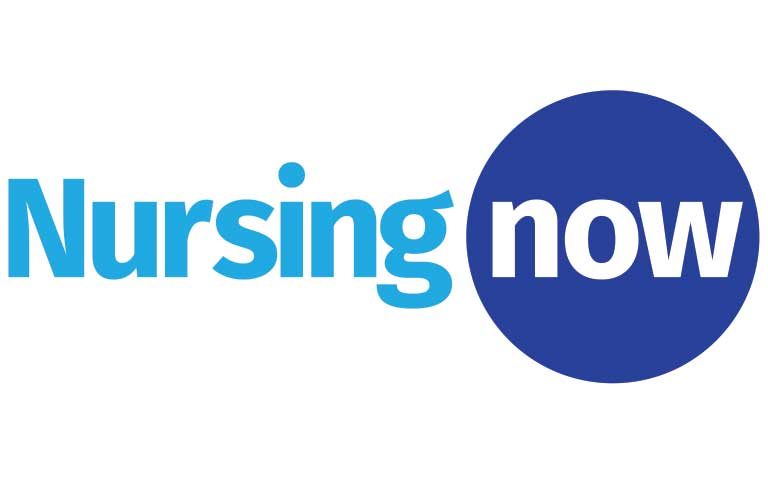Nursing organizations launch campaign to address safety and health issues

Silver Spring, MD — The American Nurses Association, in partnership with the U.S. Public Health Service chief nurse officer and the University of North Carolina and University of Washington schools of nursing, has launched a campaign with initiatives that include addressing industry concerns such as workplace violence and safe and appropriate staffing levels.
An offshoot of a global project, Nursing Now USA aims to confront nursing issues by:
- Growing public understanding and support for nurses’ roles in health care settings.
- Implementing innovative strategies to enhance nurse education, practice and advancement.
- Developing health care policies that are led by nurses and shaped by evidence-based research and practice.
“Nursing is the largest of the health care professions, with more than 3.1 million registered nurses working in the United States,” Azita Emami, dean of the UW School of Nursing, said in an April 9 press release.
About three-quarters of workplace assaults occur in health care and social service settings, according to OSHA. In July, the Emergency Nurses Association issued a draft position statement contending that safe staffing levels in emergency rooms can help mitigate fatigue among nurses.
| Sign up for Safety+Health's free monthly email newsletters and get the news that's important to you. |
“Raising the profile of the nursing profession and investing in the recognition of nurses’ role in transforming health and health care, both nationally and worldwide, must be intentional,” ANA President Ernest Grant said in a press release. “The deep trust that the public has in the nursing profession underscores the sheer power of nurses and the urgency of Nursing Now USA. ANA proudly supports this bold endeavor and agenda to tap nurses to achieve global health.”
Post a comment to this article
Safety+Health welcomes comments that promote respectful dialogue. Please stay on topic. Comments that contain personal attacks, profanity or abusive language – or those aggressively promoting products or services – will be removed. We reserve the right to determine which comments violate our comment policy. (Anonymous comments are welcome; merely skip the “name” field in the comment box. An email address is required but will not be included with your comment.)

